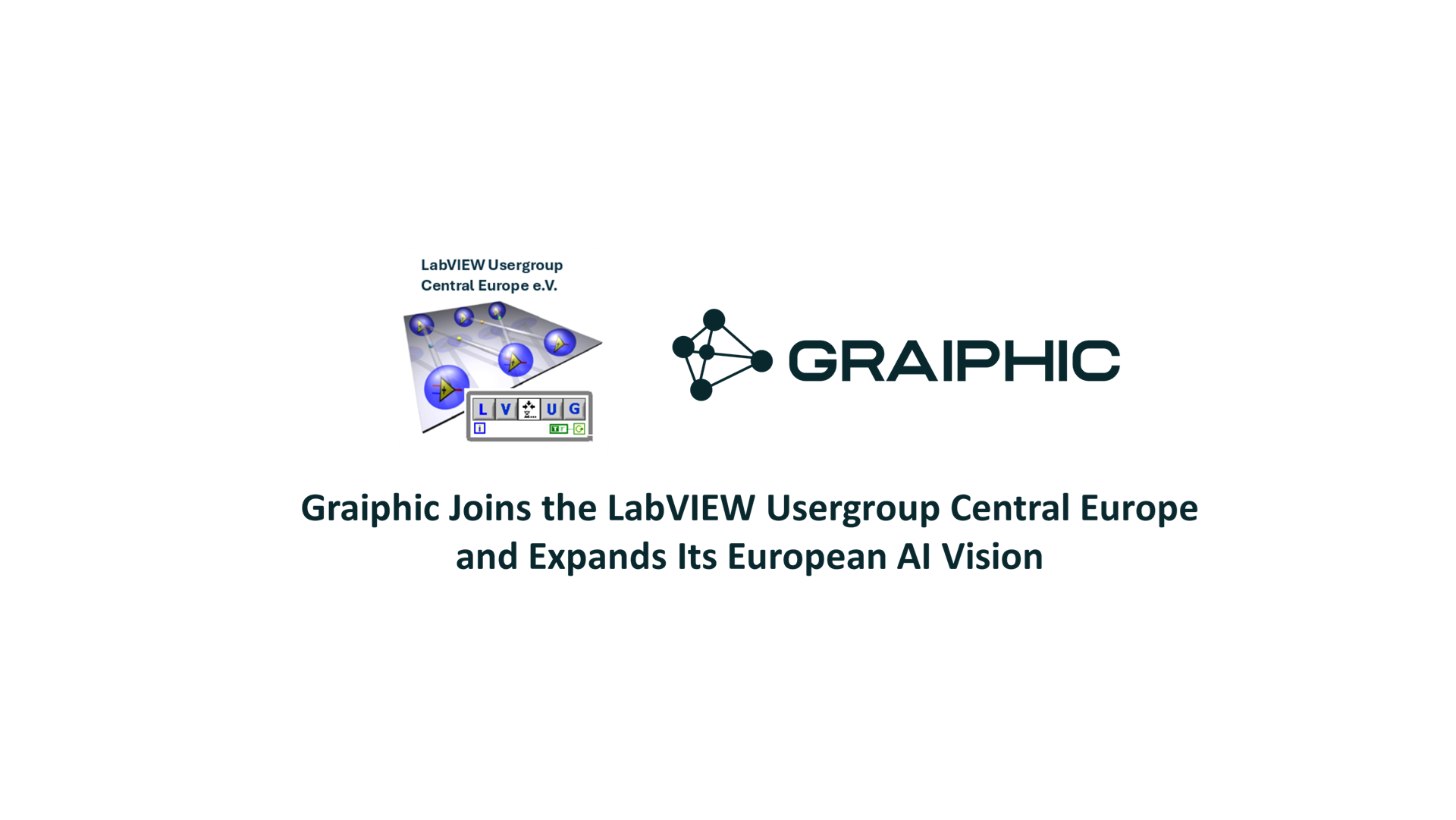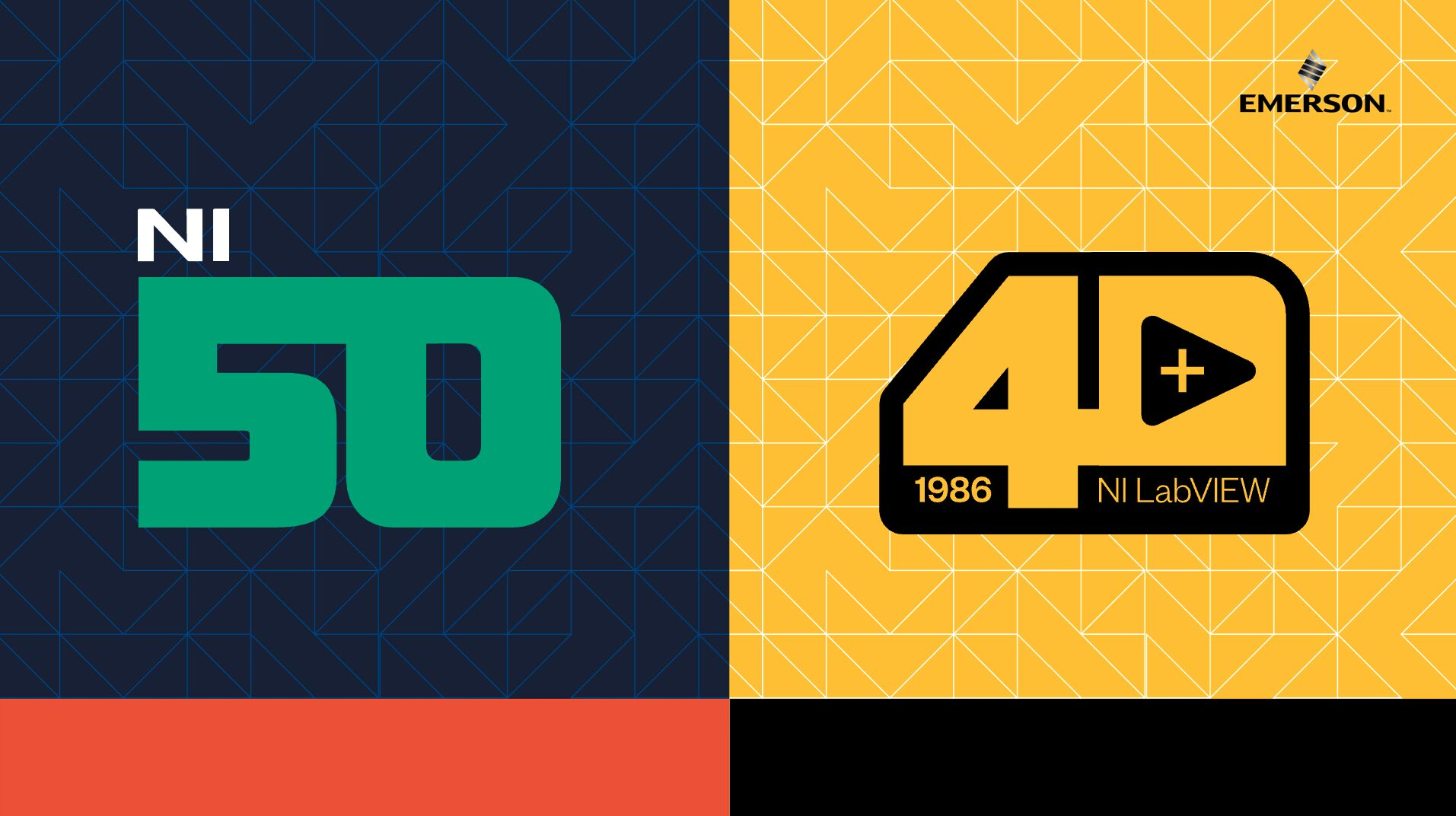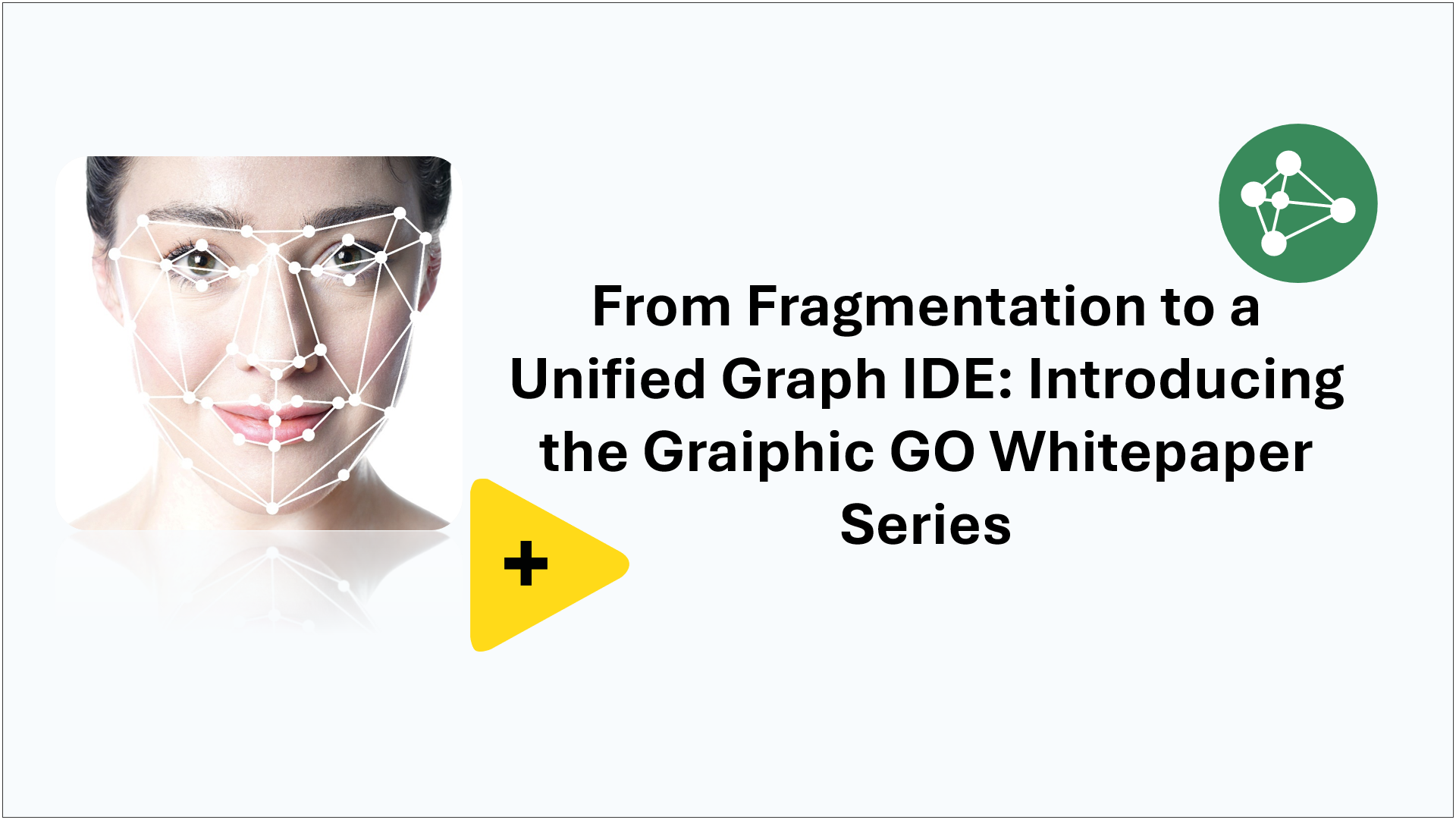Taking advantage of the significant benefits of LabVIEW compared to traditional syntactic languages, namely the rapid implementation of agents by integrating the model into an efficient and adapted software architecture, we are excited to announce the development of a new generation of modules and tools for LabVIEW focused on robotics, AI, and automation.
Released on May 23, 2024, we are thrilled to introduce the arrival of the YOLO v10 model on LabVIEW today.
Now that we can run it natively on LabVIEW, we’ll focus on fine-tuning it using the annotator tool, which we will make available with the SOTA release. This tool will allow easy annotation of images and simple selection of a computer vision model to train. The tool will generate a suitable LabVIEW architecture in an instant via script.
We are currently developing two modules, the LabVIEW Deep Learning module for executing inferences and the LabVIEW Computer Vision module for proper display of results, which will be released with our SOTA suite of tools and toolkits for next-generation deep learning on LabVIEW in October.
Integration into LabVIEW
With the LabVIEW deep learning module, LabVIEW users will soon be able to benefit from advanced features to run models like YOLO V10. This module will enable these models to operate on LabVIEW, providing top-tier performance for complex computer vision tasks. Key features offered by this toolkit include:
- Full compatibility with existing frameworks: Keras, TensorFlow, PyTorch, ONNX.
- Impressive performance: The new LabVIEW deep learning tools will allow executions 50 times faster than the previous generation (HAIBAL 1.0) and 20% faster than PyTorch.
- Extended hardware support: CUDA, TensorRT for NVIDIA, Rocm for AMD, OneAPI for Intel.
- Maximum modularity: Define your own layers and loss functions.
- Graph neural networks: Complete and advanced integration.
- Annotation tools: An annotator as efficient as Roboflow, integrated into our software suite.
- Model visualization: Utilizing Netron for graphical model summaries.
- Generative AI: Complete library for execution, fine-tuning, and RAG setup for Llama 3, Phi 3, Florence-2 models.
Example Video
With these advancements, integrating YOLO v10 into your LabVIEW projects has never been easier, enabling you to leverage cutting-edge computer vision capabilities directly within the LabVIEW environment. Whether you are working on a robotics project, an AI-driven application, or an automation task, the new modules will streamline your workflow and enhance your project’s performance.
Conclusion
With the upcoming next-generation LabVIEW Deep Learning module, YOLO v10 will be available as an example, providing a foundation for users to easily fine-tune it for specific applications. This development marks a new era in automation and robotics, making computer vision tasks more accessible and efficient. Prepare to explore these new features in October, and stay tuned for more updates and demonstrations.









